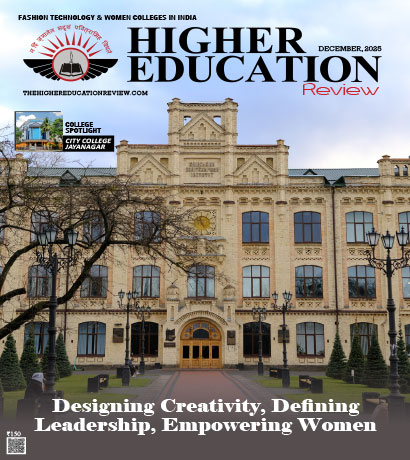A simplified visa policy from Australian Government for "High Risk Country" students
Australia eased the financial requirements for the visa applicants from "high risk" countries like India, China and Pakistan. International students from the high-risk countries would not be assessed according to the stringent Assessment Level 4 and 5 criteria as they have been removed. The changes have been made to implement the recommendations made by the 'Review of the Student Visa Assessment Level Framework 2013' and came into effect from March 22.
International students from countries such as India, China and Pakistan need to show lesser amount of money in order to gain entry to Australia. Instead of providing evidence of funds for 18 months study in Australia, these students only need to provide evidence of funds for 12 months. This announcement has been welcomed by the Vocational Education and Training (VET) and English Language Intensive Courses for Overseas Students (ELICOS) sector institutes that have been affected by a significant downturn in the number of international student enrolments.
The Australian VET sector providers experienced a dramatic drop in the number of enrolments from India after the alleged racist attacks on south Asian students in 2009. The plummeting graph further went down after the Labor government decided to tighten the visa laws for students from higher Assessment Level countries that include India, China, Pakistan, Nepal, Sri Lanka, and several other countries studying in the VET institutes.
Even before the latest reforms, Australian has been gaining traction as a favored destination for Indian students wishing to study overseas. The overall number of Indians applying for Australian student visa has seen a dramatic increase last year. The visa grants from India have gone up in three figures. Even though the number of Indian students obtaining Australian visa is very small compared to the pre-2009 figures, India continues to be the second-largest country for international student enrolments in Australia.
International students from countries such as India, China and Pakistan need to show lesser amount of money in order to gain entry to Australia. Instead of providing evidence of funds for 18 months study in Australia, these students only need to provide evidence of funds for 12 months. This announcement has been welcomed by the Vocational Education and Training (VET) and English Language Intensive Courses for Overseas Students (ELICOS) sector institutes that have been affected by a significant downturn in the number of international student enrolments.
The Australian VET sector providers experienced a dramatic drop in the number of enrolments from India after the alleged racist attacks on south Asian students in 2009. The plummeting graph further went down after the Labor government decided to tighten the visa laws for students from higher Assessment Level countries that include India, China, Pakistan, Nepal, Sri Lanka, and several other countries studying in the VET institutes.
Even before the latest reforms, Australian has been gaining traction as a favored destination for Indian students wishing to study overseas. The overall number of Indians applying for Australian student visa has seen a dramatic increase last year. The visa grants from India have gone up in three figures. Even though the number of Indian students obtaining Australian visa is very small compared to the pre-2009 figures, India continues to be the second-largest country for international student enrolments in Australia.

